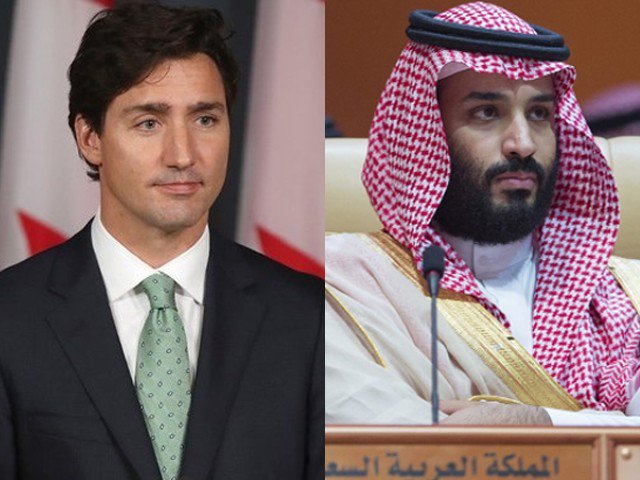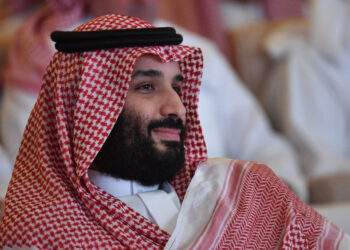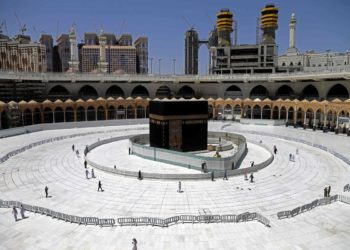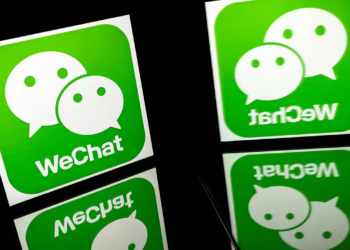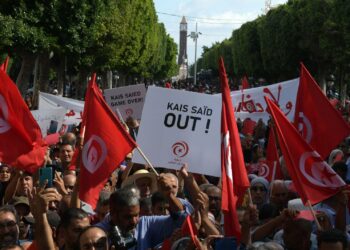With thunderclap surprise and a firestorm on Twitter Friday, August 3 became Black Friday in Saudi-Canadian bilateral relations. Ambassadors were expelled, commercial, air, and even educational links were suspended and diplomatic relations lay in tatters. What exactly happened?
Complaints about human rights violations in Saudi Arabia are not new. Countries other than Canada have complained to the Kingdom. In the case of Canada, the case of Raif Badawi is of particular interest, a Saudi dissident who was arrested in 2012 and convicted of apostasy in Saudi Arabia. His prison term has been extended and he has been the subject of floggings. Meanwhile, Badawi’s wife and children are now Canadian citizens living in Quebec that have mobilized demonstrations of solidarity for Rafi Badawi a number of occasions. So why now, after years of slow burn, in the middle of the summer solstice, has this come about?
As a former Canadian diplomat, a few things come to mind. There is no doubt in this case that the Canadian government made the first move by publishing an incendiary tweet to the Kingdom on August 3. It made mention of Canada’s “grave concern” over new arrests of human right activists including another member of the Badawi family. The tweet “suggested” an immediate release of these dissidents.
Canada is gravely concerned about additional arrests of civil society and women’s rights activists in #SaudiArabia, including Samar Badawi. We urge the Saudi authorities to immediately release them and all other peaceful #humanrights activists.
— Foreign Policy CAN (@CanadaFP) August 3, 2018
Saudi Arabia’s response was swift and severed bilateral ties claiming that the Canadians were interfering in the Kingdom’s domestic affairs.
Curiously enough, no other country has stepped up to officially support the Canadian move. Historically, Canadian diplomacy rarely issues declarations or entertains initiatives without diplomatic cover: that is, with other countries supporting its position. That is what middle powers do and it is called “middle power diplomacy.” It works better than making sweeping unilateral political statements, declaring war or imposing sanctions.
Only U.S. politician Bernie Sanders has made public his support while Canada’s NATO and other allies remain silent. The White House has effectively washed its hands of the affair issuing a bland statement. This is very odd and it raises the question whether the Black Friday tweet coming just before a long weekend in Ottawa was planned ahead of time? What does seem clear is that Saudi Arabia’s response was not expected by the Global Affairs Ministry.
Is it possible that we are in the presence of a colossal diplomatic blunder? Since the Liberals have taken power, the foreign policy blunders are beginning to accumulate – Justin Trudeau’s palatial holiday with the Aga Khan, the India visit hobnobbing with convicted felons and looking more like a Muppet Show, the hastily planned trade visit ending in a fiasco in China. One shudders to think of how the NAFTA negotiations are being conducted.
Negative Impact on Economy and Prestige
As a result, the Canadian economy and prestige are damaged. Bilateral commercial relations like air cooperation are at an impasse including any hope that Canada can sell its light armored vehicles worth $15 billion dollars to Saudi Arabia. Saudi students studying in Canada will now be reassigned to other countries thereby defeating the purpose of influencing new Saudi Arabian leaders to share more inclusive democratic values. A UN Security Council seat may well be out of the question for Canada in 2020 given the negative reaction of Arab countries and the fact that the Liberal government has not changed the Harper Conservative voting pattern at the UN despite statements to the contrary. The weakness of Allied support is clear, reflecting the fact that the initiative was not vetted by Allied nations (what were Canadian diplomatic planners thinking!). Canadian interests were damaged rather than promoted by the unprofessional and undiplomatic messaging. Ninety percent of consular issues like this one are negotiated by diplomats and they do not end in the severing of diplomatic ties.
The devastating consequences and cost of this action are now apparent. They are economic, political, and social. To try to say that Canadian interests have been promoted is beyond the pale. To say, as the current Foreign Affairs Minister Chrystia Freeland has said, that Canada always speaks up when human rights are under threat, one might wonder where Canada has been since 2011 during the Syrian conflict while Bashar al-Assad was busy butchering his own people with Russian and Iranian help. Diplomats at post were warned by Ottawa not to intervene to save dissident lives lest Canada be seen to be something less than neutral.
In an opinion piece published in Toronto Globe and Mail on August 6, one Canadian academic referred to the Saudi’s move as “bold” and said that this “bold move” had nothing to do with Canada. In fact, the initiative was a reaction to a series of unprofessional acts emanating from Global Affairs, that temple of partisan Liberal bureaucrats. There was no “bold move,” only a supremely unprofessional Canadian move that has put our bilateral relations at risk. The hole has been dug by Global Affairs when it could have been negotiated in the normal course of diplomacy.
The mouse has roared. Hardly a cause for back-slapping for Canadian diplomats and the proud tradition represented by the professional Canadian Foreign Service. However, back-slapping there will be in a country, whose roar has become a whimper.
Disclaimer: The views and opinions expressed here are those of the author and do not necessarily reflect the editorial position of The Globe Post.

